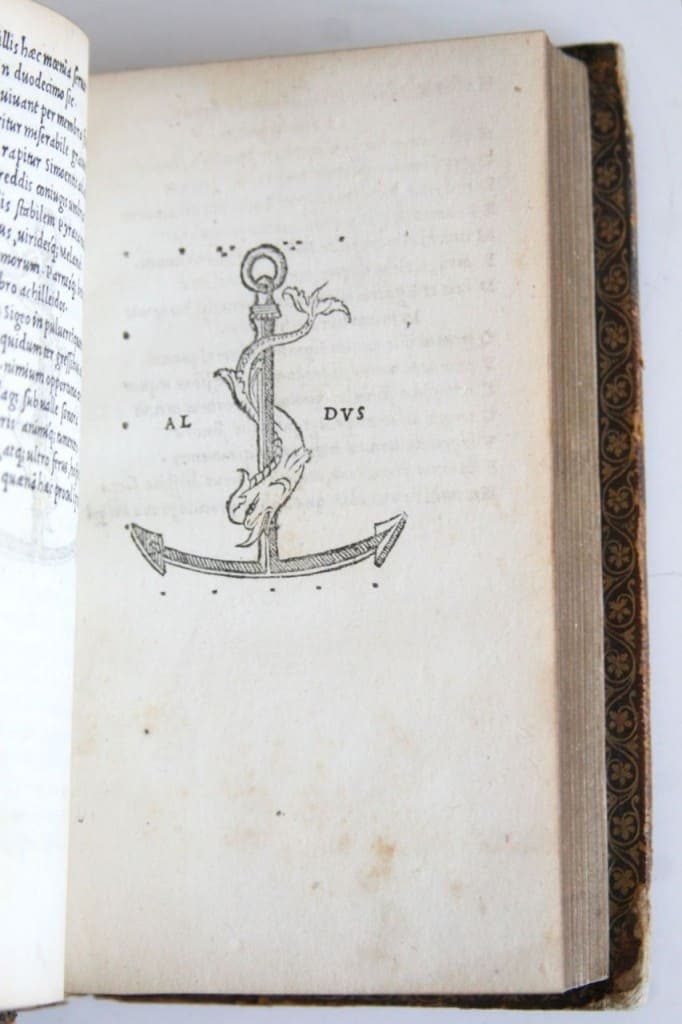August 21, 2011
IMPORTANT AND RARE WORKS ON ROMAN LAW BY TWO FAMOUS FRENCH JURISTS
PRINTED 1536-1576: TWO SEPARATE BOOKS BOUND in ONE
[I] Caballinus de Cingulo, Gasparus [Pseud.] DuMoulin, Charles. De eo quod interest tractatus ad theoricam praximque utilissimus : Accessit brevis et analytica discussio de inofficiosis testamentis, donationibus et dotibus : Discutitur etiam quaestio una ad materiam … l. si unquam C. de reuo. dona. spectans, de donatione in contractu matrimonii celebtrata Coloniae Agripp : Jo. Gymnic, 1576. [16], 444 p
Bound with…
[II] Stephani de Phedericis Brixiensis, De Interpretatione Iuris, Commentarii IIII. iam recens studiosis restituti, & à mendis quantum fieri potuit, repurgati. Stephanus de PHEDERICIS. De Interpretatione Iuris, Commentarii IIII. Lyons: Jean Barbous, alias le Normand, for Jean Frellon, 1536. 8°. Final blank. Woodcut device on title, woodcut initials. (Worming to lower blank margins of M8 to the end, some old staining.) 8vo., [8]., 201, [1]., [10], Baudrier V,p.172. Attractive binding of limp decorated vellum. First t.p. with inner gutter re-margined. first few lvs and last index lvs with minor dampstaining, some light browning, late 17th century annotations, some occasional lower marginal dampstaining. Overall, an attractive volume.
Two works on Roman laws. While Dumoulin is certainly the more famous French jurist, the second 1536 volume is especially rare and was cited by Hugo Grotius. “Dumoulin gained his great reputation, being regarded by his contemporaries as the prince of jurisconsults. His remarkable erudition and breadth of view had a considerable effect on the subsequent development of French law. He was a bitter enemy of feudalism, which he attacked in his Defendis (1539)” [Wikipedia]





